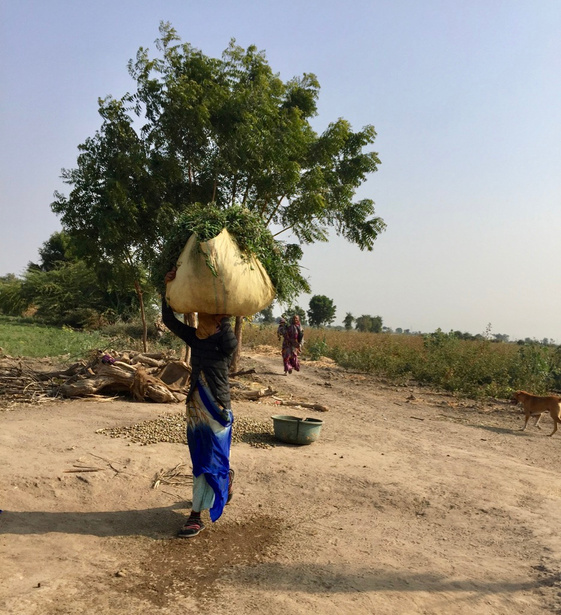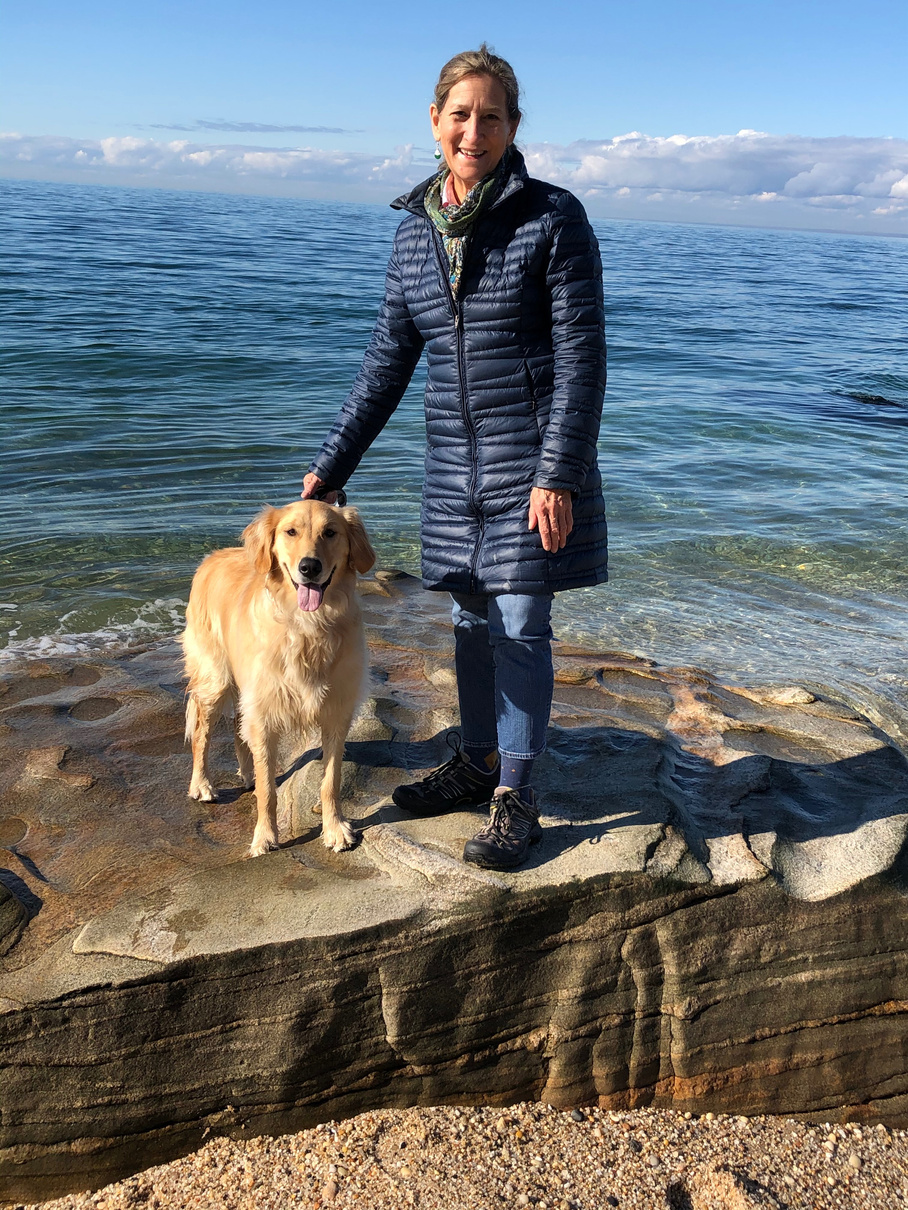
emerald publishing limited
empowering female climate change activists in the
global south
written by dr. peggy ann spitzer
diverse perspectives on creating a fairer society
Traditional patriarchal societies do not allow women to become visible in their communities; and yet, they are the ones who observe changes in the land, animal behavior, plant life, and so on. Their ecological knowledge and warnings often go unheeded. In recent years, due to crop failures, many more male farmers have migrated to urban areas to find work, and women are left with their children to fend for themselves.
But because women often do not own the land, they don’t have the power to make decisions or money to buy things they need to keep their households and farms going. Their lack of empowerment is directly related to race, religion, caste, class, and other obstacles to improving their lives and those of others.
This book tells stories of women who became climate change leaders and are part of a critical mass for social change: They have enabled women to become visible! Their personal stories – in Asia, Central America, Europe, and Africa – reveal a great deal of creativity, energy, dedication, and will-to-work with others within and outside of their communities.
five advantages of documenting
oral histories
1.
Pass down to successive generations
2.
Use as a baseline (significance changes over time)
3.
Increase the likelihood of sharing/benefiting from other experiences
4.
Represent collective memories
5.
Let people feel valued


praise for the book & Author
"This book reveals the untapped potential of tackling structural gender norms and empowering women to speak up for their rights, to create and to implement relevant and just climate solutions that serve people and the planet."
- Anne Barre, Women Engage for a Common Future
"This book is a must read. It leaves the reader with a sense of hope that if women, who find themselves in difficult circumstances across the planet, can leave the world better off for all of us [then] we surely can do the same"
- John Shandra, Sociology, State University of New York,
Stony Brook
"Spitzer is committed to expanding access to scholarship in historically underrepresented communities... Through oral histories, field studies, and interviews, she examines rural women's abilities to pursue social justice related to climate change and the environment in Africa, Central America, and South/Southeast Asia."
-Dana Haugh, Harvey Cushing/John Hay Whitney Medical Library, Yale University

